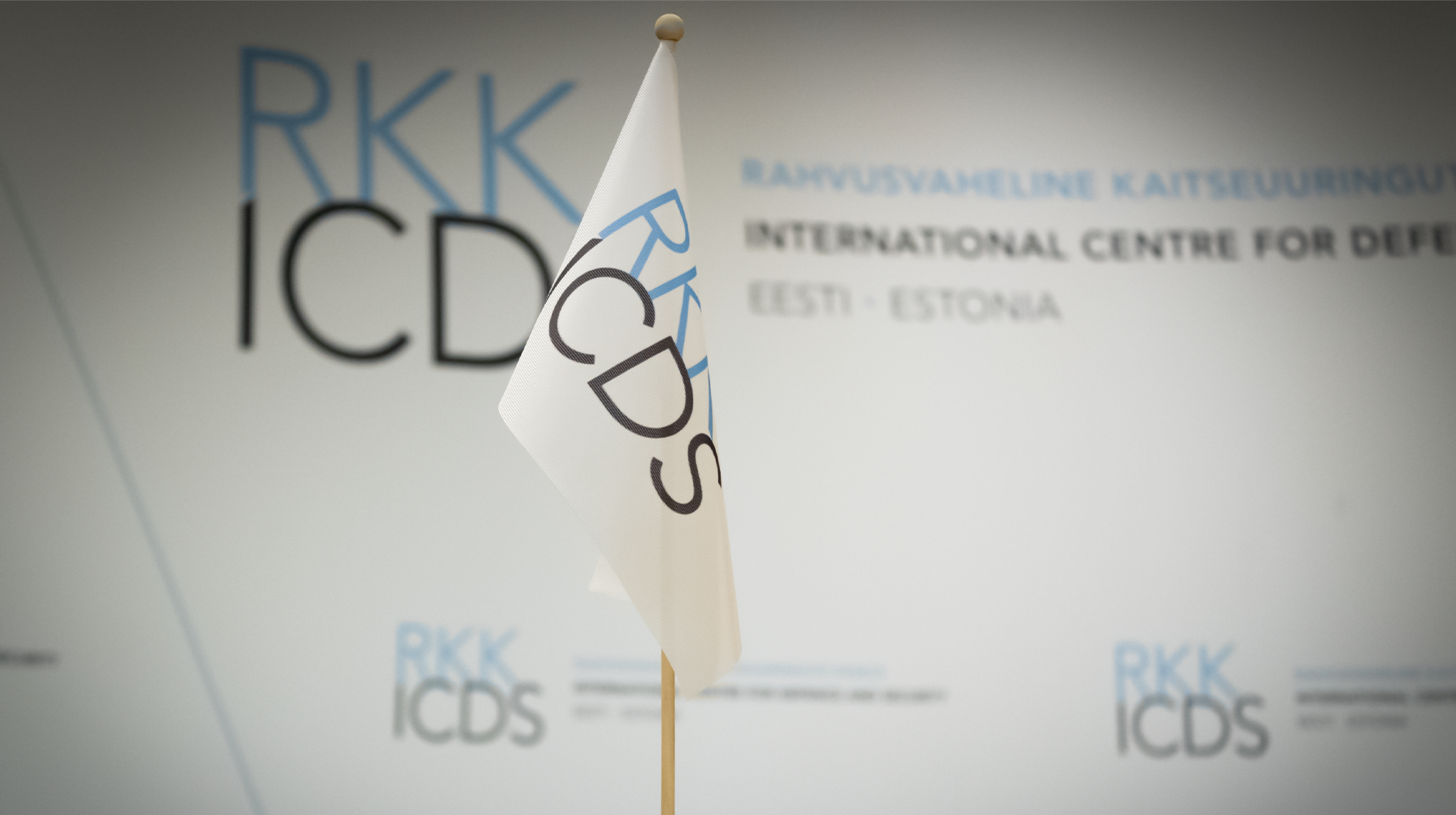As of January 2023, the EFPI will be fully integrated with the organizational structure of the ICDS and all of its activities will continue under the name of the foreign policy programme of the ICDS.
Featured
01. Jan, 2023
The EFPI becomes an integrated part of the ICDS
The Estonian Foreign Policy Institute was merged with the ICDS in 2017 and has been operating as an autonomous unit under the ICDS since then.…
EFPI INTRODUCTION
The Estonian Foreign Policy Institute (EFPI) is an autonomous research unit belonging to the International Centre for Defence and Security. EFPI’s mission is to contribute to a better and deeper understanding of international relations in Estonian society, paying special attention to Estonia’s role in a changing world. To achieve this goal, EFPI conducts research and provides a forum for competent discussions and analyzes.
EFPI staff are responsible for conducting research that can be used to make foreign policy decisions, speaking in international fora, commenting on the press, organizing lectures, seminars and conferences, and participating in networks and projects of international research institutes. EFPI works closely with government agencies, universities and research institutes in Estonia and abroad.

